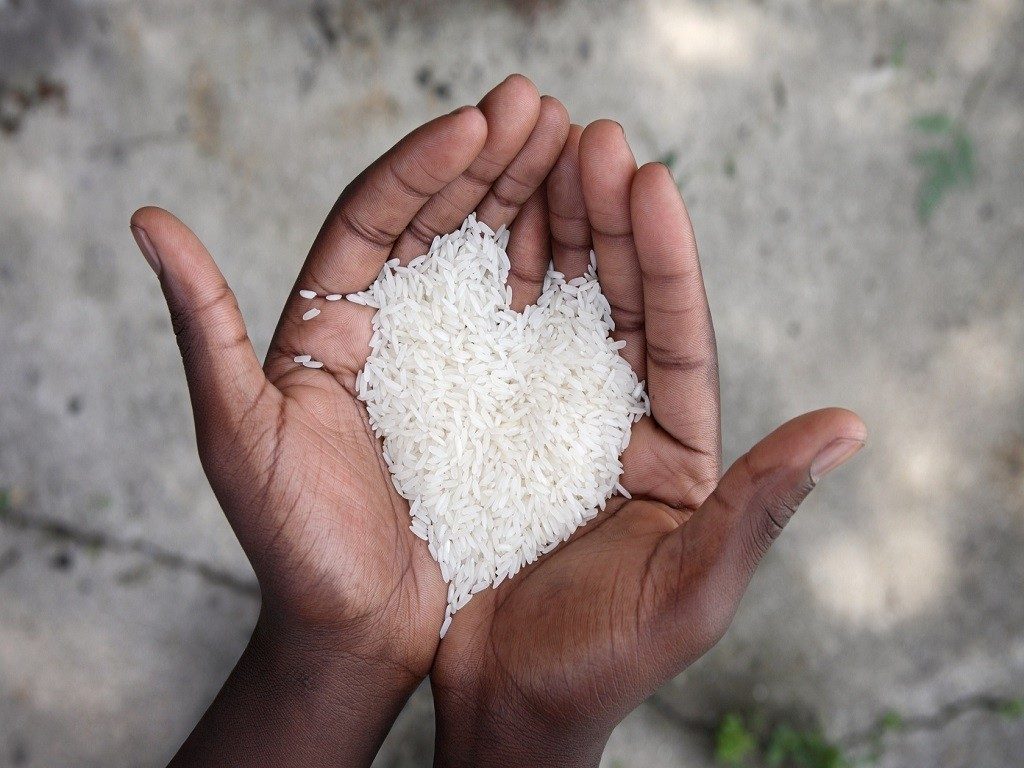
AI Improves Farmers’ Yields, Fights Global Hunger
An estimated 11 percent of the global population suffered the scourge of hunger in 2016, according to the UN, a number analysts say is due to more displaced people.
Refugees across the globe fleeing the increasingly interwoven plagues of war, resource depletion and climate change suffer the most. AI, however, might prove a boon to the world’s hungry and those at risk of food insecurity by bringing revolutionary computational advantages to agriculture.
According to Voice of America, AI and related technologies provide an advantage to agricultural operations of all scales that can streamline and assist the farming processes, improve yields, and ultimately empower local food producers to better deliver nutrition in the world’s hungry regions. Zenia Tata of the XPRIZE foundation calls agricultural technologies such as “AI, robotics, [and] sensors” a kind of “magic […] to increase crop yields.”
Uyi Stewart, a global development director in the Bill and Melinda Gates Foundation, also describes the technology at hand in revolutionary terms, especially when combined with smartphone access:
“When you take your special data and soil mapping data and use AI to do the analysis, you can send me the information,” Stewart said. So, in a nutshell, you can help me [know] when to plant, what to plant, how to plant.”
In addition to experiments underway in the first world at creating an AI-powered, entirely autonomous farming system, the global proliferation of smartphones and data access means that soon even farmers in the world’s most impoverished and hunger-threatened areas may have access to technologies in the palm of their hands which can help, even on a plant-by-plant basis, improve the health and yield of their crops.
For Pranav Khaitan, engineering lead at Google AI, the advent of smartphones means today that “a farmer in Africa who has a smartphone has much more computing power than the entire Apollo space program.”







Leave A Comment